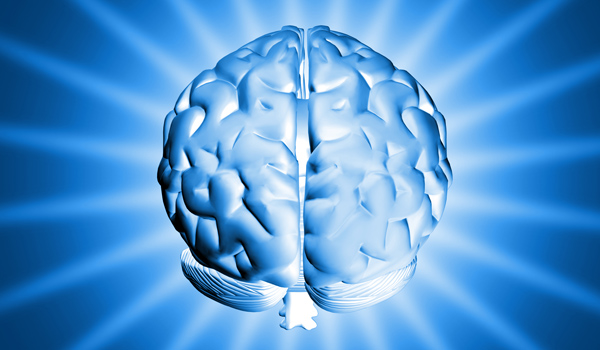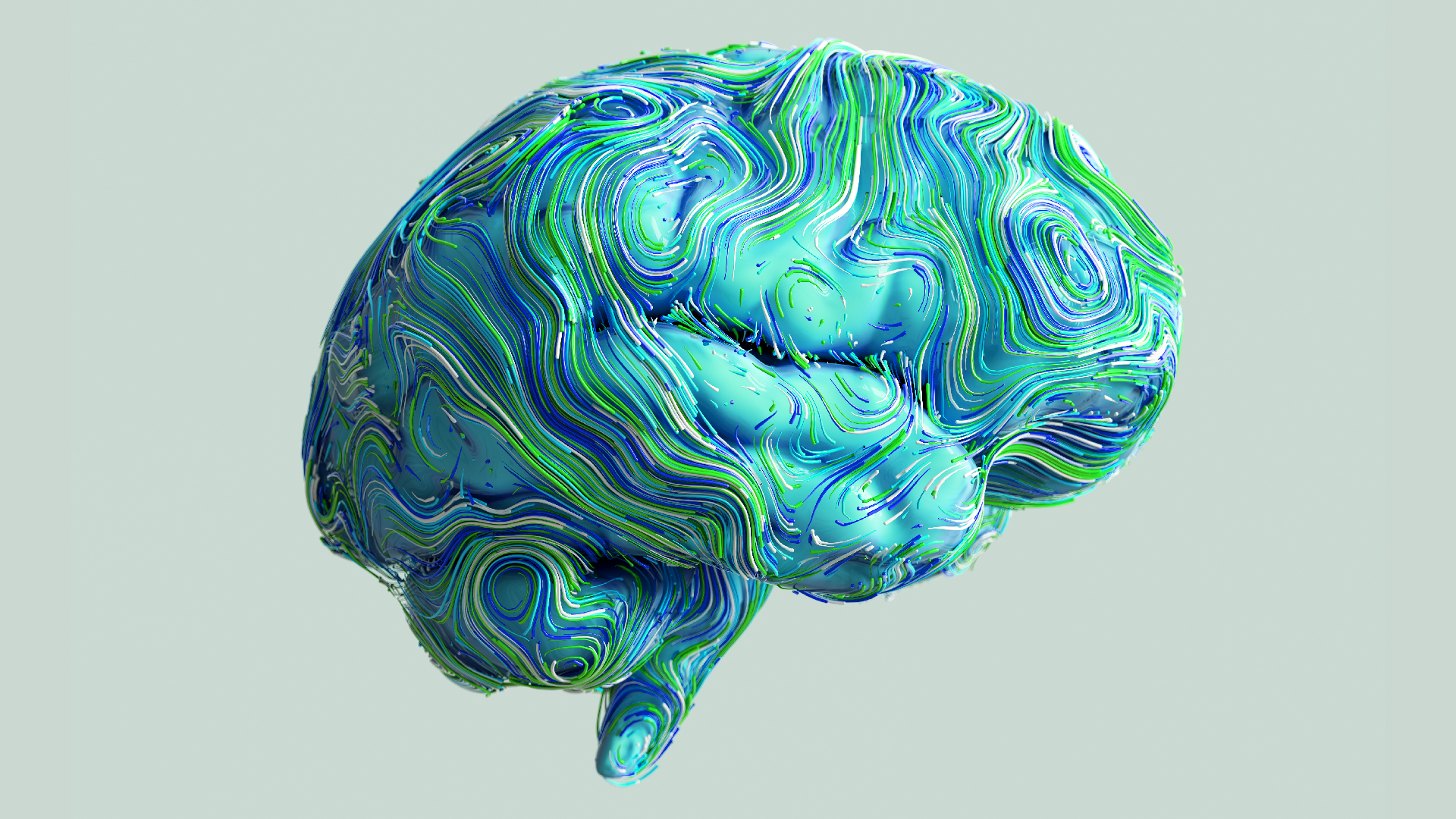5 Ways Obesity Affects the Brain
Intro

Putting on the pounds not only transforms your belly, but it also alters your brain, a number of studies suggest. These brain changes may, in turn, fuel overeating, leading to a vicious cycle that makes losing weight and keeping it off challenging.
Here are five ways obesity changes the brain:
Obesity causes food 'addiction'

Gaining weight may desensitize the brain to the pleasure we get from sugary and fatty foods , prompting us to eat more cookies and cake than we did when we were leaner, research shows. A similar effect is seen in drug users, who eventually require more cocaine or heroin in order to achieve their original high.
In a study published Sept. 29 in the Journal of Neuroscience, researchers scanned the brains of women as they drank a milkshake. They saw the sugary drink activated an area known as the striatum. Half a year later, the researchers repeated the experiment on the same women some of whom had gained some weight. The more weight the women had put on in the interim, the less their brains responded to the milkshake in the second experiment.
Research on animals has also shown rats fed a diet rich in sugar and fats are less sensitive to the pleasure-inducing neurotransmitter dopamine.
Obesity may make us more impulsive

In obese children, a region of the brain in charge of controlling impulsively, called the orbitofrontal cortex, appears to be shrunken compared with that of lean children, according to a study presented this year at the American Academy of Child and Adolescent Psychiatry meeting in New York. Moreover, the smaller this brain region was, the more likely the adolescents were to eat impulsively, the researchers said.
While the study did not prove a cause-effect link, it's possible that the children's obesity reduced the size of their orbitofrontal cortex , the researchers said. Obesity is known to cause changes to the immune system, boosting inflammation in the body. This increased inflammation may impact the brain and "lead to a vicious cycle, where the obesity leads to inflammation, which damages certain parts of the brain, which in turn leads to more disinhibited eating and more obesity," said study researcher Dr. Antonio Convit, of the New York University School of Medicine.
Obesity raises the risk of dementia

Having more belly fat is associated with a decrease in total brain volume in middle-aged adults, according to a study published in May in the journal Annals of Neurology. It's possible that the extra fat triggers inflammation, which puts stress on the body and perhaps impacts the brain, the researchers said. The finding suggests something particular about belly fat, also known as visceral fat the fat located between organs in the abdominal cavity may play a role in reducing brain size. Visceral fat releases a unique profile of hormones, which may impact the body in a manner different from the hormones released by subcutaneous fat, or fat under the skin, the researchers said.
Previous studies have found that people with smaller brain volumes are at higher risk for dementia, and tend to do poorer on cognitive tests.
Yo-yo dieting may prompt binge eating under stress

It's not just putting on weight that alters the brain taking it off does too, studies suggest. Dieting may change how the brain responses to stress , so that the next time we find ourselves in a bind, or just plain frazzled, we eat more, according to a study published Dec. 1 in the Journal of Neuroscience.
In the study, researchers put a group of mice on a diet so that they lost 10 to 15 percent of their body weight. Then, the mice were allowed to put the weight back on, similar to the way human dieters often see the pounds creep back. When the mice were exposed to stressful situations, such as hearing sounds at nighttime, they ate more food than those who had never been placed on a diet.
The mice also had what are known as epigenetic changes changes in the way genes are expressed that don't involve changes in the gene sequences themselves particularly in genes involved in regulating responses to stress. The researchers said these modifications may have altered the animals' eating behavior during stress.
Obesity harms memory

Obesity may impair memory, at least for women after menopause. A study published July 14 in the Journal of the American Geriatric Society looked at memory test scores for 8,745 women ages 65 to 79. The researchers found a 1-point increase in an woman's body mass index (BMI) was associated with a 1-point decrease on a 100 point memory test.
Hormones released by fat could impair memory, the researchers said. These hormones can cause inflammation, which may affect cognition.
Sign up for the Live Science daily newsletter now
Get the world’s most fascinating discoveries delivered straight to your inbox.

Rachael is a Live Science contributor, and was a former channel editor and senior writer for Live Science between 2010 and 2022. She has a master's degree in journalism from New York University's Science, Health and Environmental Reporting Program. She also holds a B.S. in molecular biology and an M.S. in biology from the University of California, San Diego. Her work has appeared in Scienceline, The Washington Post and Scientific American.
Scientists built largest brain 'connectome' to date by having a lab mouse watch 'The Matrix' and 'Star Wars'
Archaeologists may have discovered the birthplace of Alexander the Great's grandmother
Elusive neutrinos' mass just got halved — and it could mean physicists are close to solving a major cosmic mystery










